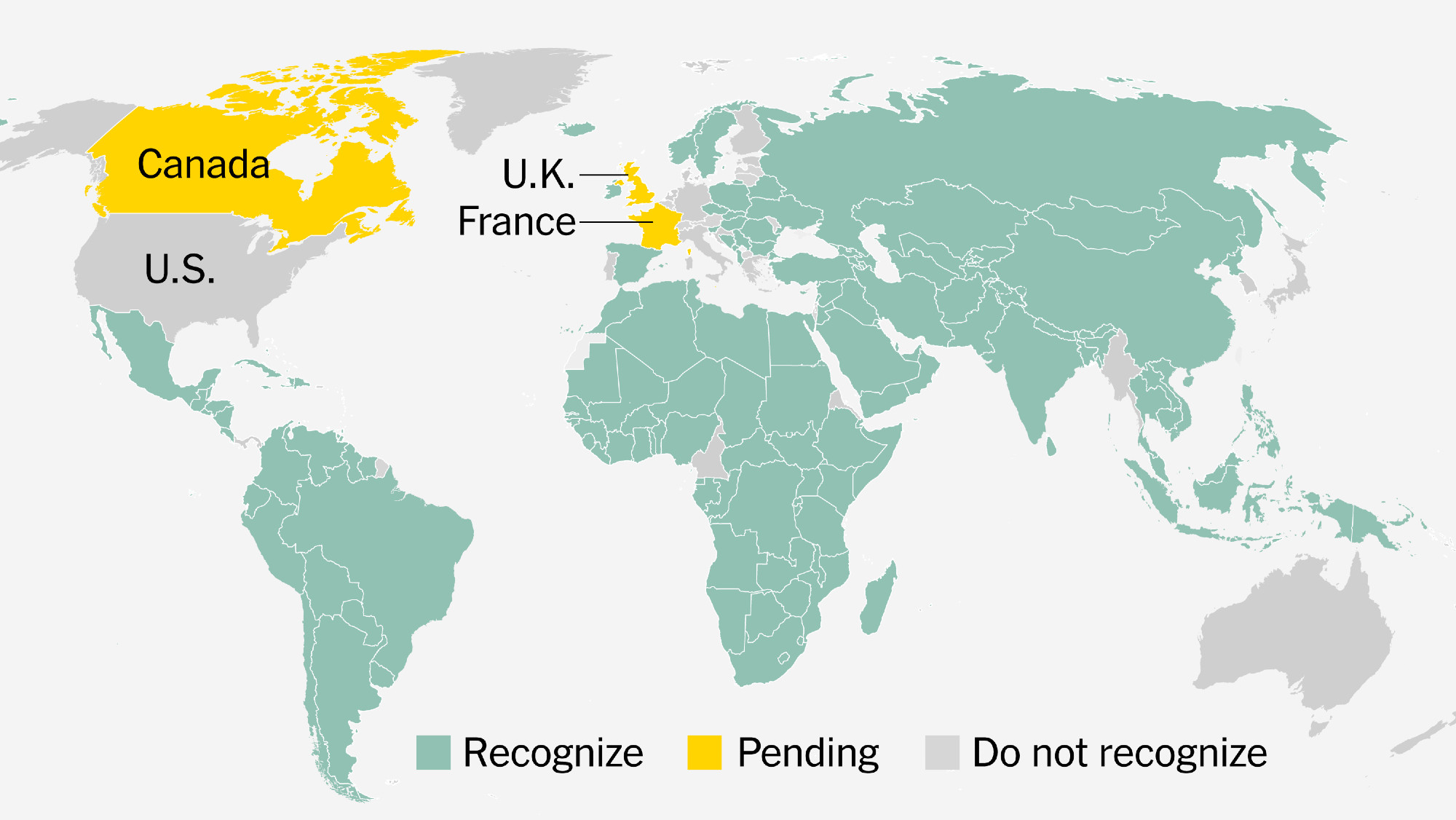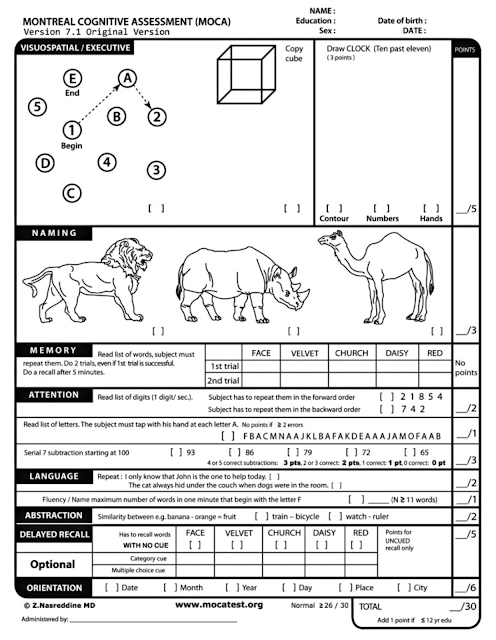What did Donald Trump do today?
He tried to change the Epstein narrative by suing journalists for reporting on it.
Trump has been facing a full-scale bipartisan revolt over his sudden refusal to share any details of the federal investigation into Jeffrey Epstein, the notorious abuser and sex trafficker of children as young as 14. Trump's campaign was boosted by conspiracy theories about Epstein and his connections to a secret ruling elite.
But Trump—who may have been the closest thing to a "ruling elite" in Epstein's life, whether or not he had anything to do with Epstein's criminal activities—abruptly changed his story in recent weeks, declaring that the whole thing was old news, and a "SCAM" cooked up by his political enemies. Specifically, he accused Democratic administrations going back to President Obama of having fabricated evidence against him, although for whatever reason not releasing it when they were in power, while simultaneously denying the existence of any evidence in the first place.
Epstein died in jail awaiting trial during Trump's first term. His death was ruled a suicide, but incomplete and edited recordings of his cell area the Trump administration released this week have only added to the intrigue around his death. Also this week, Trump fired the only remaining prosecutor in the Justice Department who had worked on the case.
With longtime supporters suddenly furious and suspicious, Trump took the battle to social media, outright demanding that his faithful stop talking about the Epstein case as a show of loyalty to him. Some prominent supporters and Trump-aligned media companies fell in line; others, like the otherwise pro-Trump Wall Street Journal, did not. Yesterday, the WSJ published a bombshell story on a previously undisclosed aspect of the Trump-Epstein relationship.
It was already public knowledge that the two men were longtime and intimate friends through the mid-2000s, and that Trump traveled and partied with Epstein. Trump famously joked in public about how well he knew Epstein's taste in "younger" women. In 1992, Trump arranged for 28 young women to participate in a "calendar girl contest," supposedly as entertainment for a Mar-a-Lago members-only party, but Trump and Epstein ended up being the sole audience.
The WSJ story deepens the connection between Trump and Epstein, reporting on Trump's contribution to a bound volume that Epstein's friends and business partners made as a gift for his 50th birthday. Trump's took the form of a sketch of a naked woman, with his own distinct signature in place of pubic hair. The page includes an imagined dialogue between the two alluding to "secrets" the two share:
Voice Over: ‘There must be more to life than having everything,’ the note began.
Donald: Yes, there is, but I won’t tell you what it is.
Jeffrey: Nor will I, since I also know what it is.
Donald: We have certain things in common, Jeffrey.
Jeffrey: Yes, we do, come to think of it.
Donald: Enigmas never age, have you noticed that?
Jeffrey: As a matter of fact, it was clear to me the last time I saw you.
Donald: A pal is a wonderful thing. Happy Birthday — and may every day be another wonderful secret.
Trump denied having made any such contribution, claiming that he doesn't draw. That is a lie: not only is Trump a prolific doodler, he's sold his sketches for money.
Today, Trump sued the Wall Street Journal and its corporate owners for libel and the infliction of "billions" in reputational damage to Trump, insisting that the paper had fabricated the story and published it knowing it was false. The Journal responded in a statement: "We have full confidence in the rigor and accuracy of our reporting, and will vigorously defend against any lawsuit."
Trump's filing (full text link) was clearly drawn up in haste to gain control of the media narrative. One White House official said that Trump was "on the fucking warpath" in an attempt to kill the story before it was released. (Trump has, in the past, sometimes been able to convince friendly media outlets to "catch and kill" embarrassing stories about him, like the National Enquirer did when it bought the rights to the story of his affair with porn actress Stormy Daniels.) The filing is nonsensical in places, accusing the WSJ of billing the piece as an "exclusive," but also of promoting it to "millions" of readers. ("Exclusive" means that a paper is the first to report something, not that it limits who can read its reporting.)
It is vanishingly unlikely that the WSJ would risk its owners' media empire worth hundreds of billions of dollars on a fraudulent story. It is even less likely that Trump will pursue the case any further, since the defendants would be entitled to legal discovery which could bring much more about the Trump-Epstein relationship to light.
Relatedly, a federal judge threw out a similar lawsuit today brought by Trump against the journalist Bob Woodward. In his book Rage, Woodward used interviews he conducted with Trump to paint an accurate but embarrassing portrait of Trump's first term, which prompted Trump to sue.
One more plausible outcome is a settlement, if Trump can bring the powers of his office to bear on the Journal's owners. This has been a reliable tactic for him during his second term: he has already essentially blackmailed the owners of ABC and CBS into paying monetary damages and changing their coverage of him. Or, Trump may simply let the threat linger in the air while he remains in office, dismissing it at some point in the future if he feels less endangered by reporting on his Epstein connections.
Trump's extreme reaction to public attention to his Epstein ties stands in marked contrast to his relative disengagement from almost every other aspect of his presidency, and it may not be having the desired effect: he's now fifty-four points underwater in polls about how he's handled it.
Why does this matter?
- Making an example of people who report unflattering things about the leader is what dictators do.
- Donald Trump is innocent until proven guilty, but it's pretty much impossible to imagine why he'd fight this hard to cover up something he wasn't terrified of coming to light.





